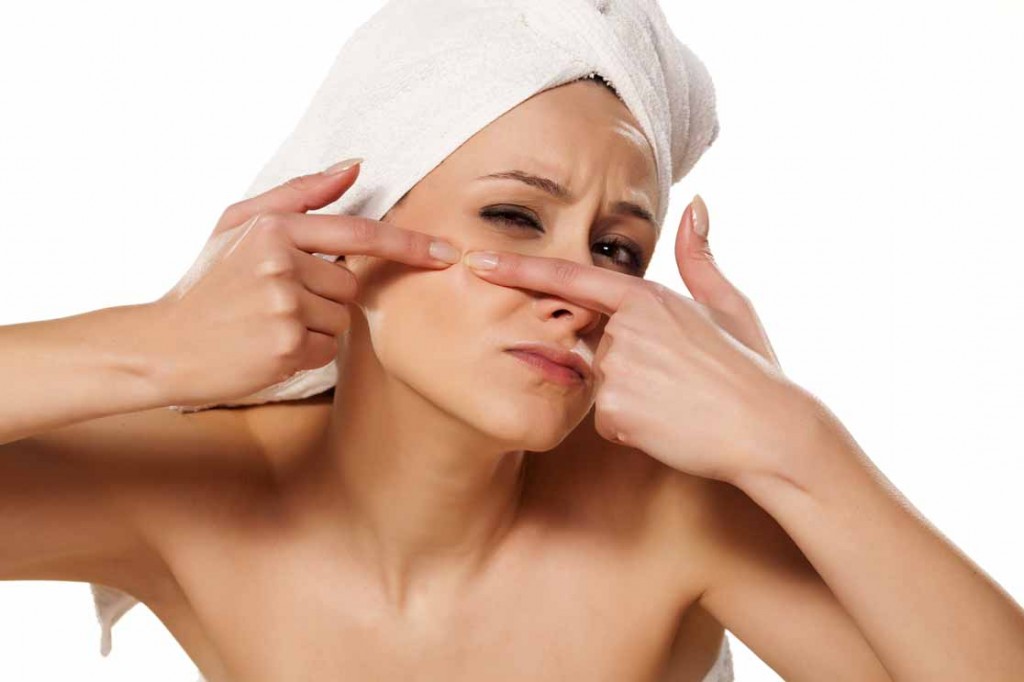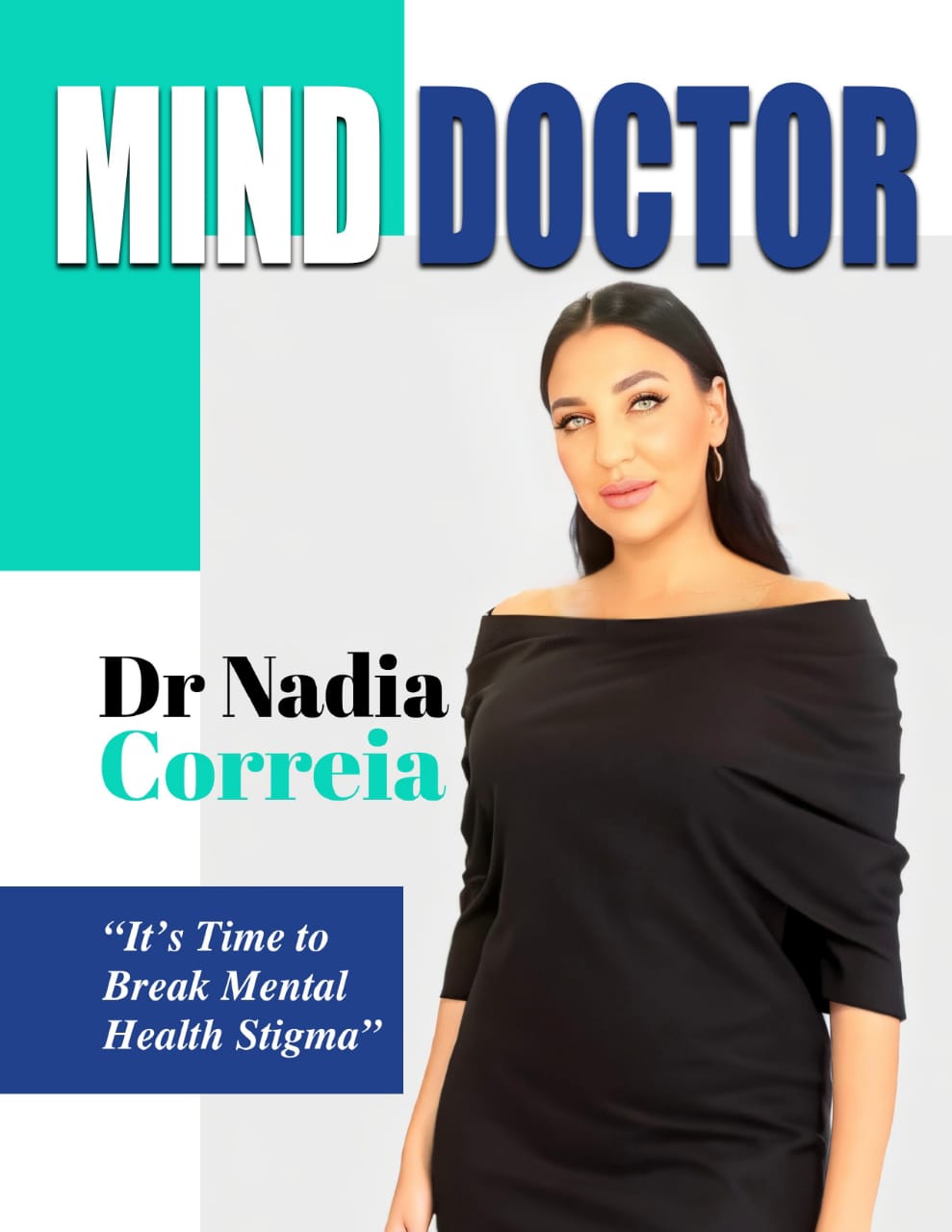Acne Treatment, How to Get Rid Of Acne

Learn Acne Treatment, No matter what fancy name doctors give it, acne is for most sufferers a curse. Not only does in look unsightly when you have an outbreak, but it can also leave you with permanent scarring, both physically and psychologically. It’s hardly surprising then that those who suffer from the condition want to get rid of it as soon as possible, and at any cost.

Fortunately, curing acne is totally possible. In fact, there are several ways by which it can be removed and prevented, irrespective of which part of your body usually comes under attack. Practically all these treatments are designed to reduce oil production, fight bacterial infections, stimulate the turnover of skin cells, and reduce inflammation. You must remember however that patience is crucial when it comes to acne removal because it will take 4 to 8 weeks before any noticeable results can be seen.
Acne Removal Options
Once acne has started on the face and body, dermatologists will prescribe various types medications to control the growth and then gradually eliminate the appearance of acne on the skin. The treatment protocol will naturally depend on the acne’s severity, the skin type and the desired results.
First, topical treatments, whether they’re available over-the-counter or whether they are available only by prescription, are generally considered to be your first line of defense. Most of these treatments contain substances such as benzoyl peroxide, resorcinol, lactic acid, salicylic acid, tretinoin, adapalene and tazarotene. These substances work by keeping skin pores open, killing bacteria, and by promoting cell turnover. The most common side effects of these treatments include redness, and sometimes a burning sensation, although effects can of course be dealt with accordingly.
Second, depending on your circumstances, you may be prescribed antibiotics in order to stop the infection and reduce inflammation. With that said, doctors are not overly keen on prescribing antibiotics because of the fact that you can build up immunity to them.
Third, isotretinoin is typically prescribed for patients with deep cysts of acne, which represents the most severe form of the skin condition. Although it is a very effective treatment of acne, its side effects can be severe as well so much so that a dermatologist must closely monitor the patient.
Fourth, oral contraceptives can help women with acne but not in all cases. In fact, birth control pills can cause acne in many individuals. Dermatologists will prescribe oral contraceptives like Ortho-Cyclen to see what effects it may have on the skin.
Fifth, laser therapy and cosmetic procedures such as microdermabrasion and chemical peels are used alongside other acne removal methods, but of course only your dermatologist can determine what protocol to follow.
Medical science has the ability to cure acne, but there are also several things you as an individual can do in order to prevent acne outbreaks.
Preventing Acne
Taking proper care of your skin is the key to staying acne free, so here are a few tips you can follow if you’d prefer to never have an outbreak
– Avoid the use of scrubs, masks, astringents, and only wash the affected area with a very mild facial cleanser.
– Cosmetic products should be avoided altogether, but if you can’t even think about go without makeup, make sure you only use hypoallergenic products.
– Keep dirty fingers away from your face, as well as any other dirt items such as mobile phones.
Lastly but not least, if you have acne, you need to immediately stop popping your pimples unless you want to end up with scars. You should also consider going to see a dermatologist if your condition appears to be getting worse.



